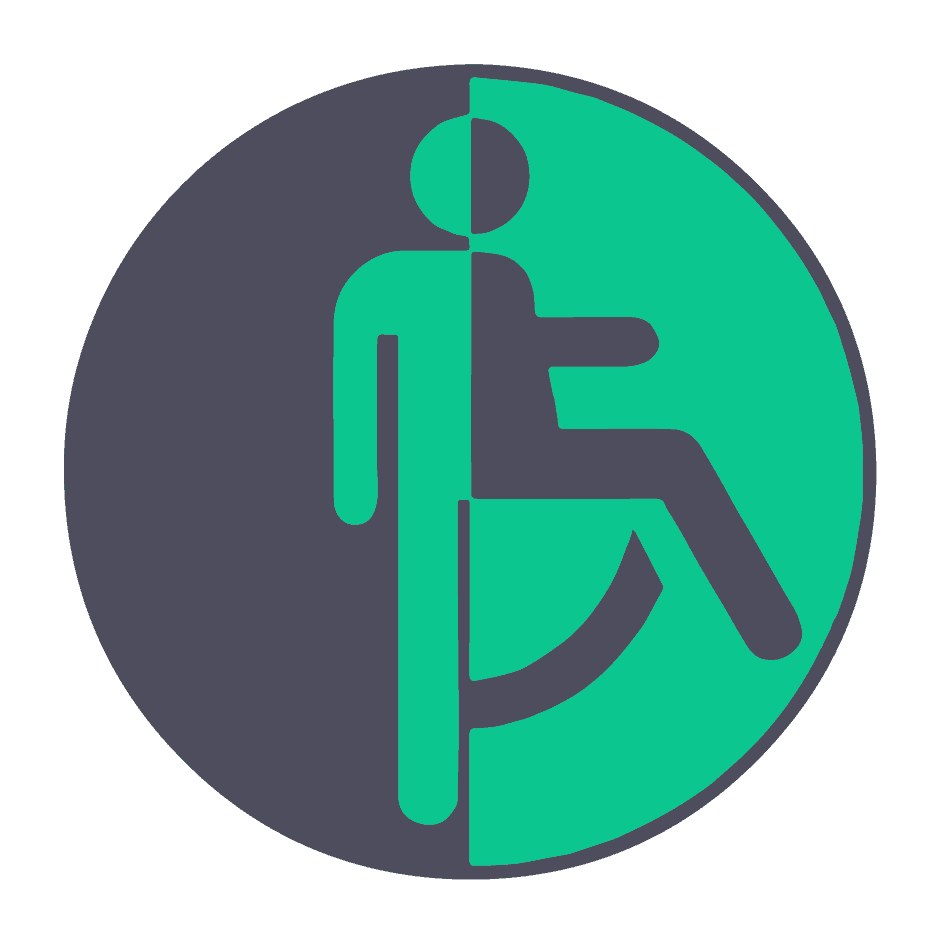An “invisible illness” or hidden impairment simply means that the person has a disability or impairment that doesn’t have any visible signs or is obvious to the naked eye.
- Mental health conditions
- Sensory/cognitive impairments
- Autism
- Autoimmune diseases
- Neurological disorders.
And many others.
In fact, Thisismeagency reports that approximately 70% of diagnosed disabilities are actually completely invisible!
Just because a disability isn’t visible, it doesn’t make it any less real. I’m so glad to see that that idea slowly permeates society, but there is much more awareness to spread.
Believe it or not, when I was diagnosed with Rheumatoid Arthritis, the physical pain was the most obvious, but the invisible symptoms and side effects that impacted my everyday life were the hardest to deal with; all the things that people couldn’t see. Chronic fatigue, the constant dull ache of my body, the feeling of isolation and loneliness, anger, anxiety, depression, the constant feeling that I have been cheated out of being able to enjoy a normal life.
Hardly a star candidate for the next promotion, I used to think. So, like many others, I kept my illness a secret in the workplace.
Many sufferers qualify for support and accommodation under the UK Disability Acts definition of disability, which would make their everyday lives a lot easier. However, because their conditions aren’t visible, an individual is forced to disclose them, and the sad truth is many don’t.
What type of discrimination will I face? Will I be seen as an unreliable employee? Will I be accused of imagining my symptoms? Will they think I’m making excuses?
I lost count of the number of times I heard, “oh really, but you don’t look sick?”.
We need to fight the stigma and create an inclusive culture that will allow the affected to stop being embarrassed by their illnesses, and instead be encouraged to embrace the hand we are dealt and live a life as fulfilling as possible.
Companies should focus on disability inclusion; creating workplaces that feel safe enough for employees to self-identify and receive the support they need.
Disability inclusion is increasing through a natural progression of how we work, and great good has come out of the post-pandemic working world in this space. Prioritising flexible working; being able to work from home if you’re experiencing a particularly hard day, and being able to attend appointments without booking days off is hugely helpful. A life with more balance, an increasing focus on a work environment that continues to encourage your mental wellbeing. These are all attributes that didn’t exist during my illness and I am truly grateful that these have made the lives of those with hidden disabilities a little bit easier.



